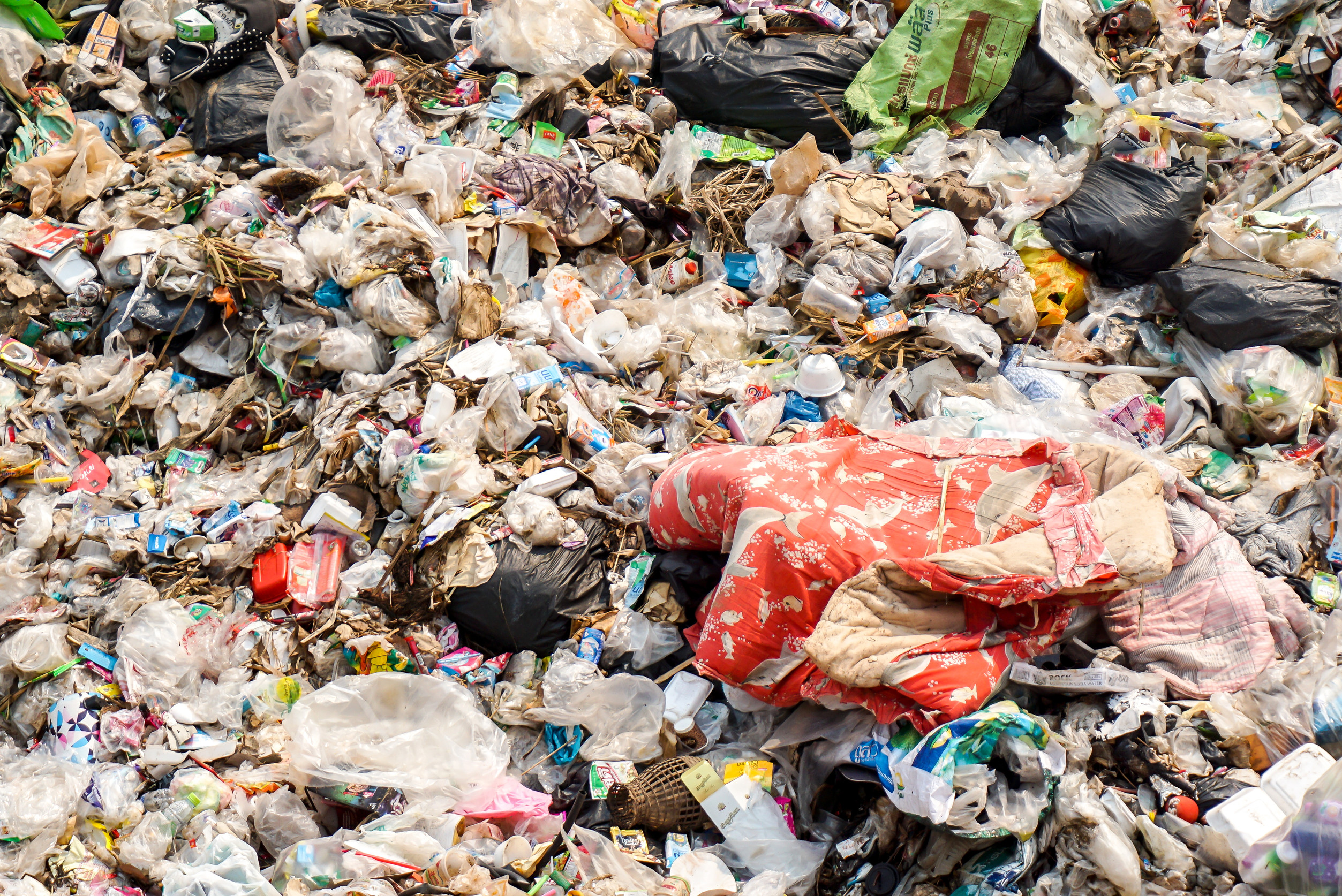Image Credit: gigsupajit/123rf.com
Thailand has officially implemented a ban on the import of plastic waste, marking a significant victory for environmental advocates. This law, which took effect this month, aims to reduce toxic pollution and safeguard the health of both people and the environment in a nation that has been heavily impacted by plastic waste imports.
The ban is particularly noteworthy in light of Thailand’s recent history as a primary destination for plastic waste following China’s 2018 prohibition on such imports. Between 2018 and 2021, Thai customs recorded over 1.1 million tonnes of plastic waste imports from various countries, including the United States, the United Kingdom, and Japan. In 2023 alone, Japan sent approximately 50 million kilograms of plastic waste to Thailand. Mismanagement of these materials has led to severe environmental damage and health risks for local communities, raising urgent concerns among environmentalists.
While the ban is a step forward, experts emphasize the necessity of effective enforcement and international collaboration to ensure its success. The potential for illegal imports and the use of Thailand as a transit point for smuggling plastic waste to neighboring countries poses additional challenges. Without robust monitoring and stringent regulations, the issue of plastic pollution could persist, undermining the intended benefits of the ban.
The global landscape regarding plastic waste management remains complex, as discussions for a comprehensive international treaty continue to face obstacles. Key oil-producing nations have resisted proposals aimed at reducing plastic production, complicating efforts to address this mounting crisis. The health implications of plastic pollution, particularly through microplastic exposure and the open burning of waste, underscore the urgent need for decisive action at both national and global levels.
Thailand’s ban serves as a crucial milestone in the ongoing battle against plastic pollution, offering a model for other nations to follow. However, the effectiveness of this initiative will largely depend on continuous enforcement and global cooperation to tackle the broader challenges of plastic waste management.
Check out the original article here: Source link



